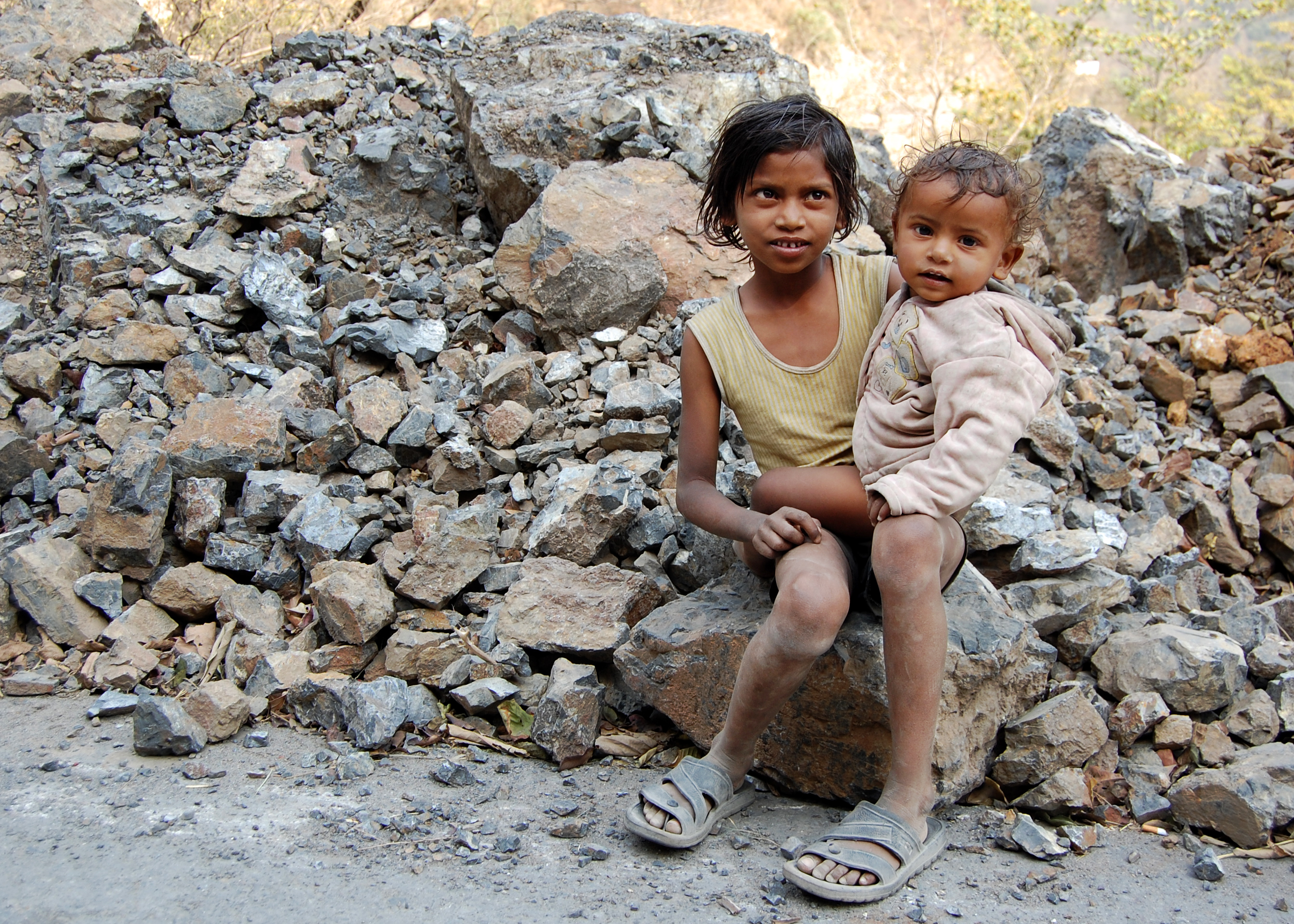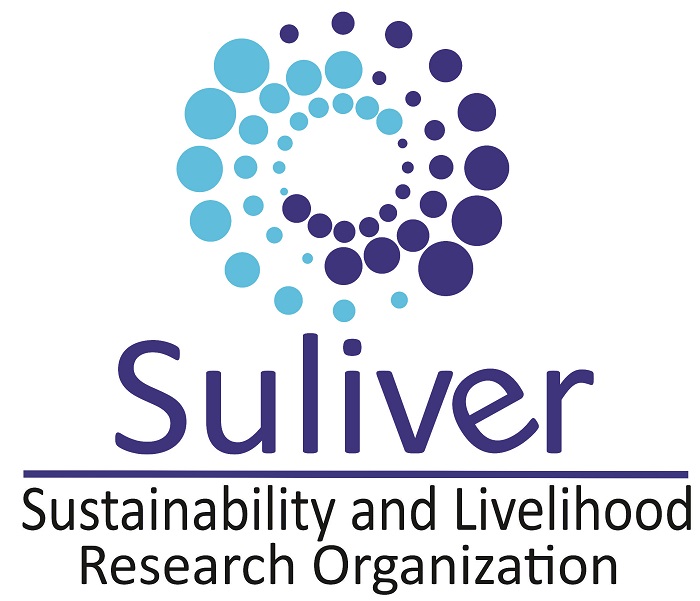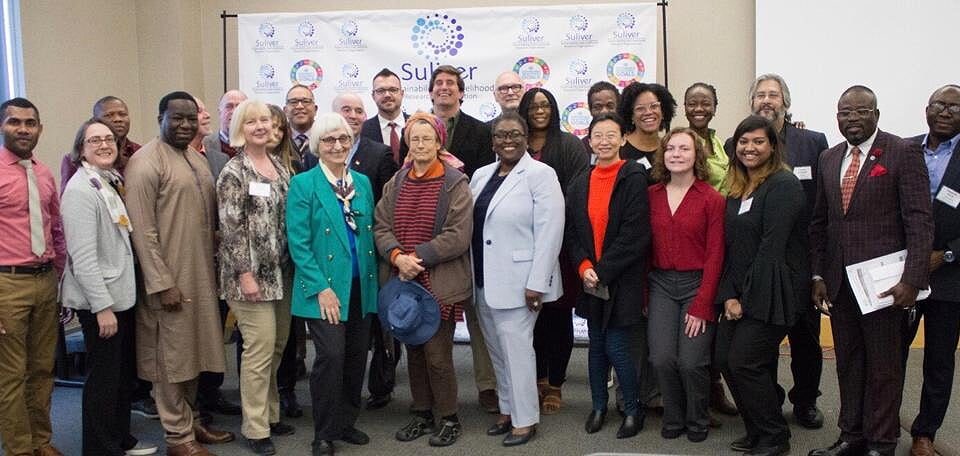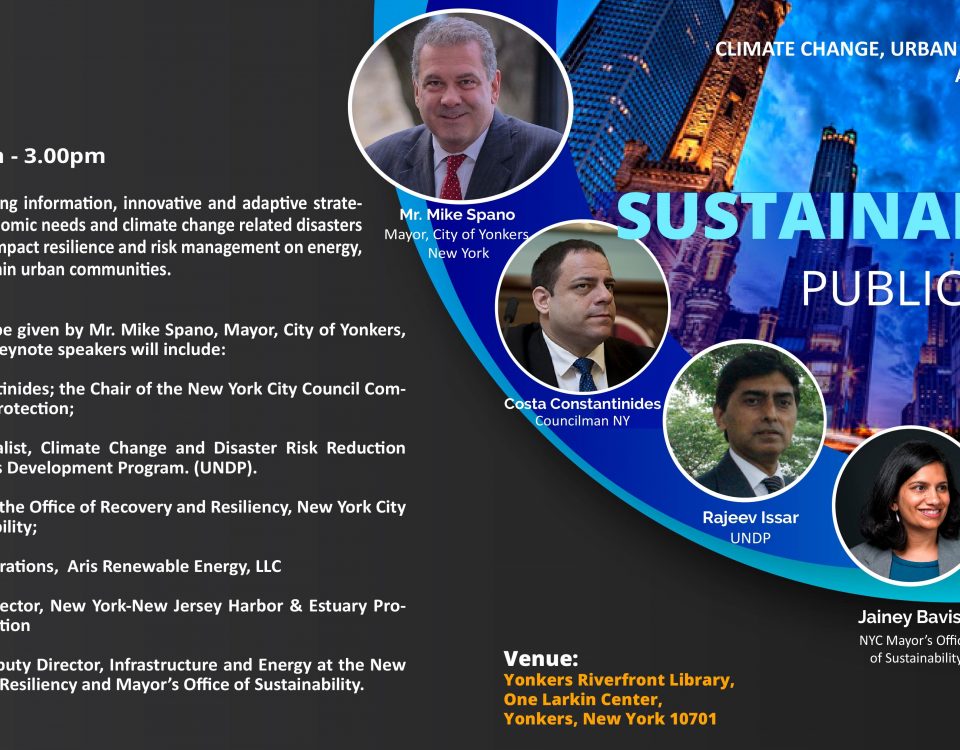
Eco-friendly innovations: New Packaging in Thailand
April 11, 2017
ICTs and the Sustainable Development Goals
June 26, 2017
.
The Crux of Food Security During Conflict

It is crucial to consider food security as an indispensable link in the process of achieving peace as the number of people dying because of starvation in protracted conflicts is greater than the number of people dying as a direct result of violence. These inter dependencies are underlined by the 17 Sustainable Development Goals in the United Nations 2030 Agenda, and their common objective of building peaceful and resilient societies. In the joint report on “Monitoring food security in countries with conflict situations,” the UN’s Food and Agriculture Organization (FAO) and World Food Programme (WFP) updated the Security Council on food security in 18 countries currently in conflict or post-conflict periods. The report shows that countries with ongoing conflicts have the highest numbers of food insecure people. In some, these percentages are alarming, including 37% of the total South Sudan population, 50% in Syria, and up to 89% of Syrian refugees in Lebanon.
In South Sudan, the breaking of a ceasefire that lasted a few months has aggravated conditions for crisis zone populations. Inadequate food supply and the intense fighting has forced thousands to flee to UN refugee camps or neighboring countries such as Uganda. The IPC estimates that 4.8 million people are now in urgent need of food, the conflict also disabled distribution of food supplies provided by UN humanitarian agencies and other non-government organizations. Under uncertain safety conditions and with an extremely deteriorated infrastructure, the response to urgent needs in most affected regions might be interrupted. A plan for maize and sorghum production in the country’s “green belt” areas has also been interrupted due to continued acts of violence.
In Syria, agriculture was the major economic sector before the war. It contributed up to 24% of GDP and represented on average 20% of total exports. It should also be noted that Syria had been self-sufficient in wheat production for almost 20 years preceding the conflict, which ended with the five years of drought between 2006 and 2010. Many sources estimate that these years of poor production contributed to political unrest and therefore to the current conflict. According to the WFP, food production in Syria has dropped 40% from pre-conflict level because in rural areas where farming was the main source of income, crop production has considerably decreased due to unsafe and unstable work conditions. The lack of fertilizer, machinery, and seeds has also contributed to a harvest decrease. Five years after war started, Syria has lost half its livestock and bread prices have increased as much as tenfold, leading to more than eight million food insecure people.
In Nigeria’s Maiduguri, the capital city of Borno state, previously under the control of Boko Haram extremists, a very high rate of acute malnutrition has been recorded. WFP notes that the number of people in urgent need of food aid in northeastern Nigeria has risen to 4.5 million, nearly double the number from last March. Even after being released from Boko Haram’s control, Maiduguri faces the threat of protracted hunger, with about 65,000 people facing famine-like conditions and a lot of children suffering from severe malnutrition.
Food insecurity can also be an issue in less violent contexts, in cases of political instability. In 2008 in Haiti, for example, food prices rose by about 40% in less than a year resulting in violent protests and the fall of the government. Similar protests have been witnessed in many countries in recent years, including Egypt in 2008, where violent clashes in bread queues caused several deaths. In Tunisia, a presidential decision to raise bread prices also caused a wave of countrywide riots in 1983-1984 that led to more than 100 deaths.

To be successful, prevention must address the entire range of possible causes of conflict. In Syria, a solid plan for achieving food security could have prevented the migration of 1.5 million people from rural areas to urban suburbs in 2006 following the country’s sustained drought, which robbed them of their main economic activity of farming. Some analysts accuse the Syrian government of underestimating this problem and being incapable of preventing it, which, among other factors, led to the unrest beginning in 2011.
It is crucial to consider a holistic approach in restoring peace, including poverty reduction and good governance promotion, in accordance with the specific characteristics and priorities of societies. The adoption of the principles of “sustaining peace” within the UN system should clearly position food security as a sine qua non condition of achieving peace, particularly in countries where agriculture and food production are key to economic and social development.




